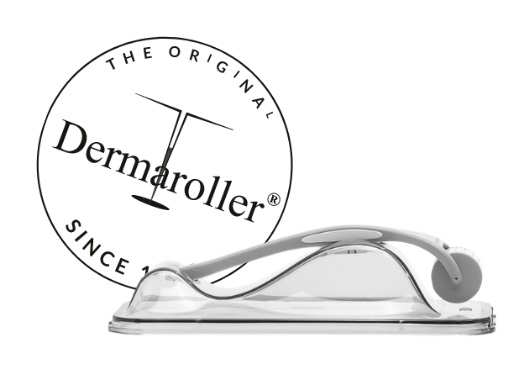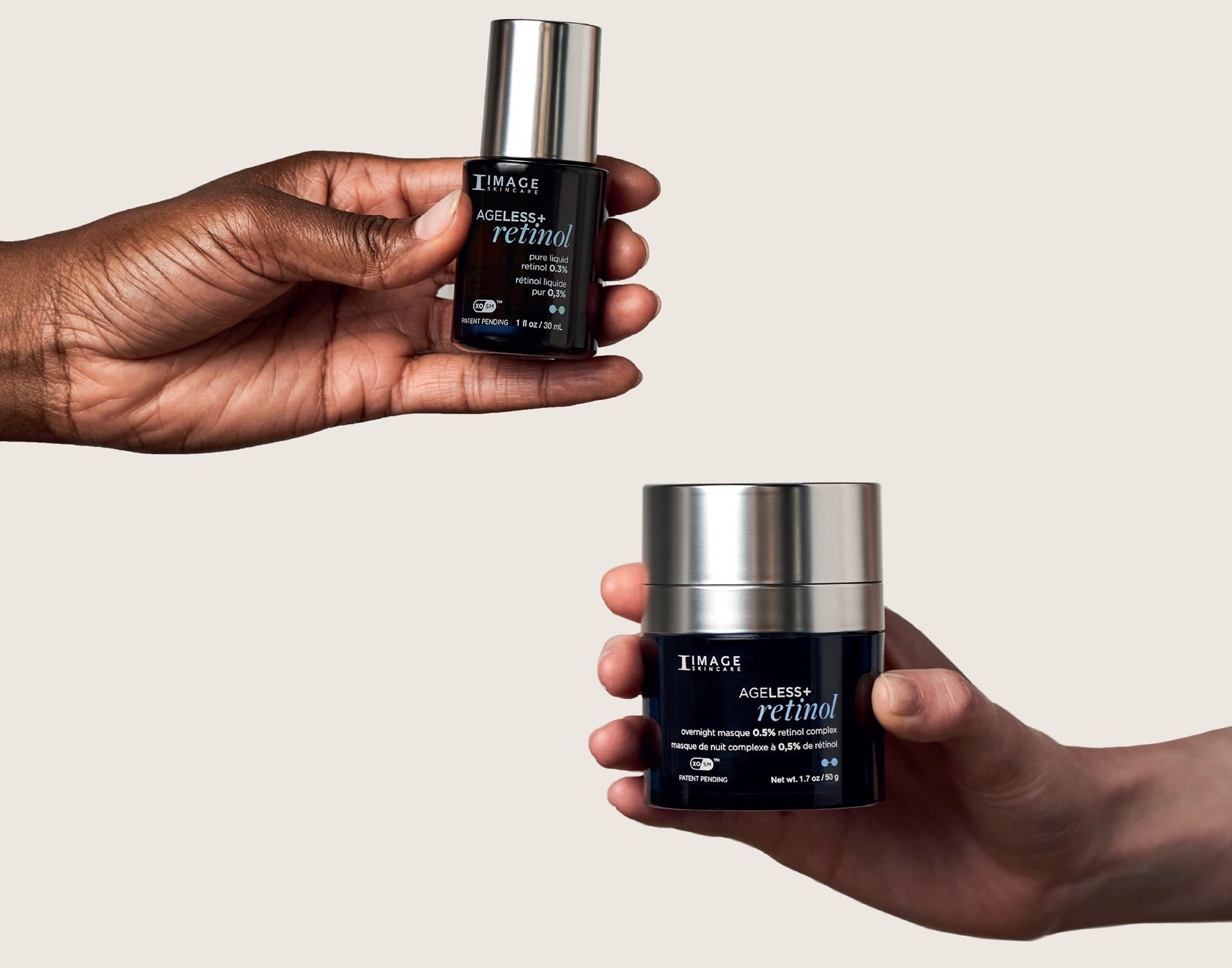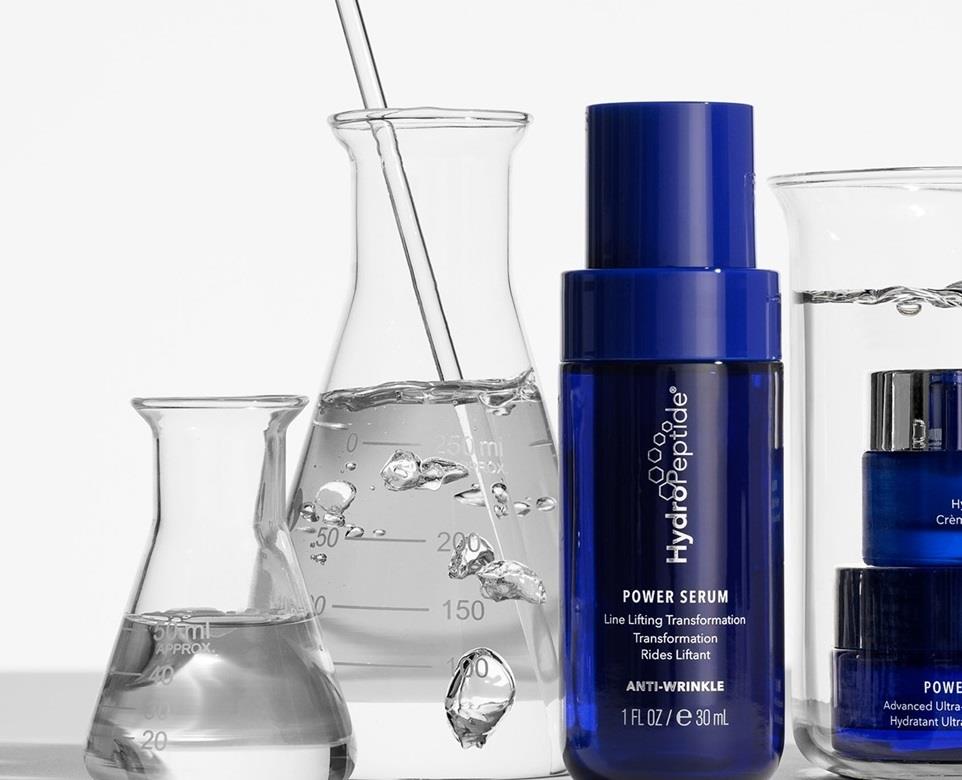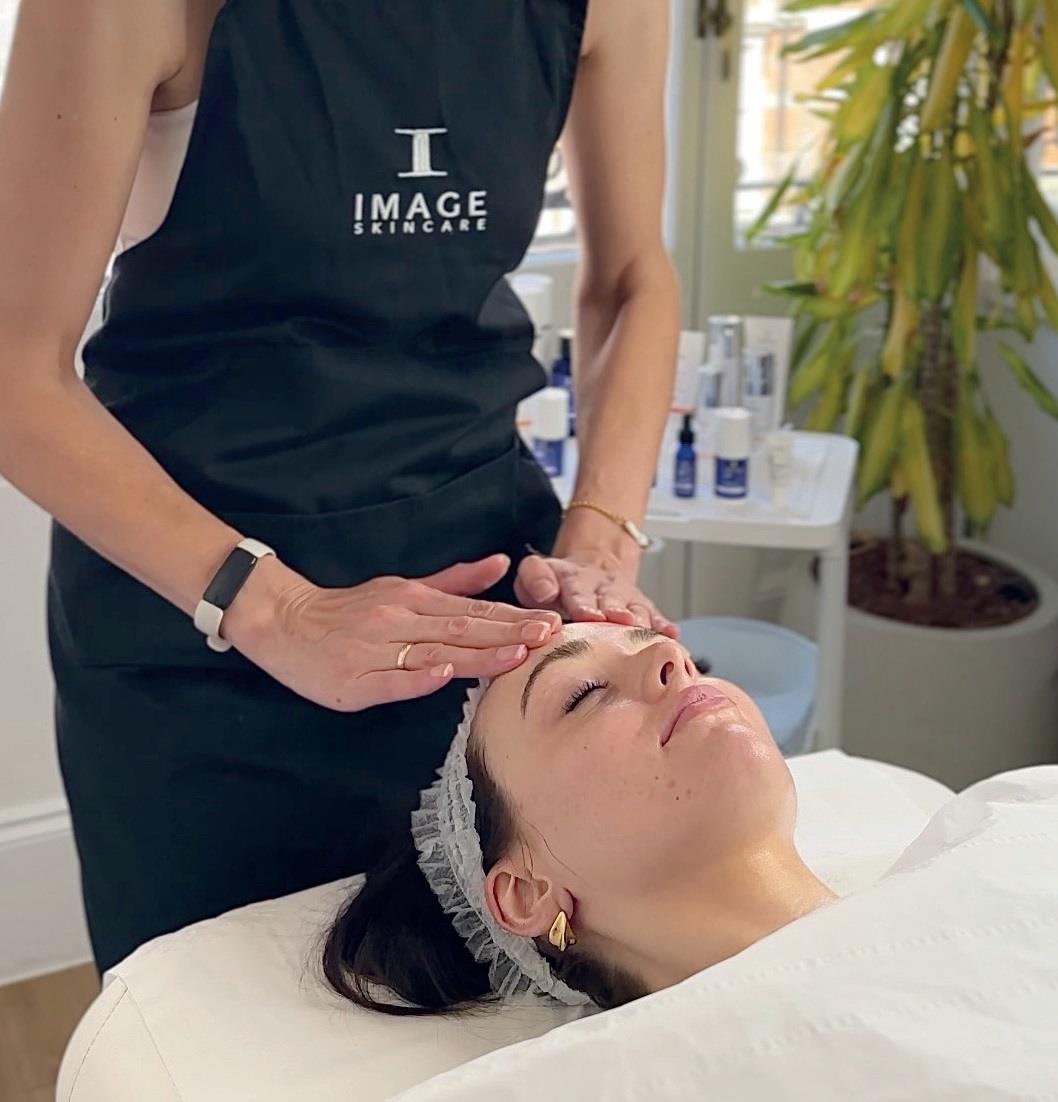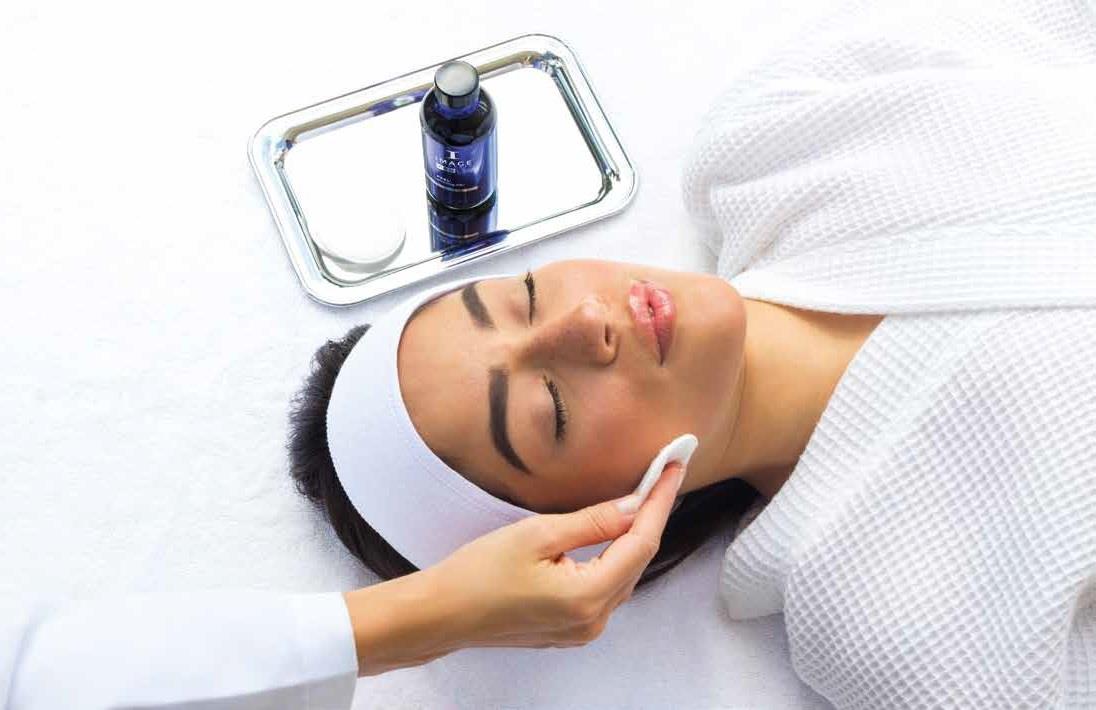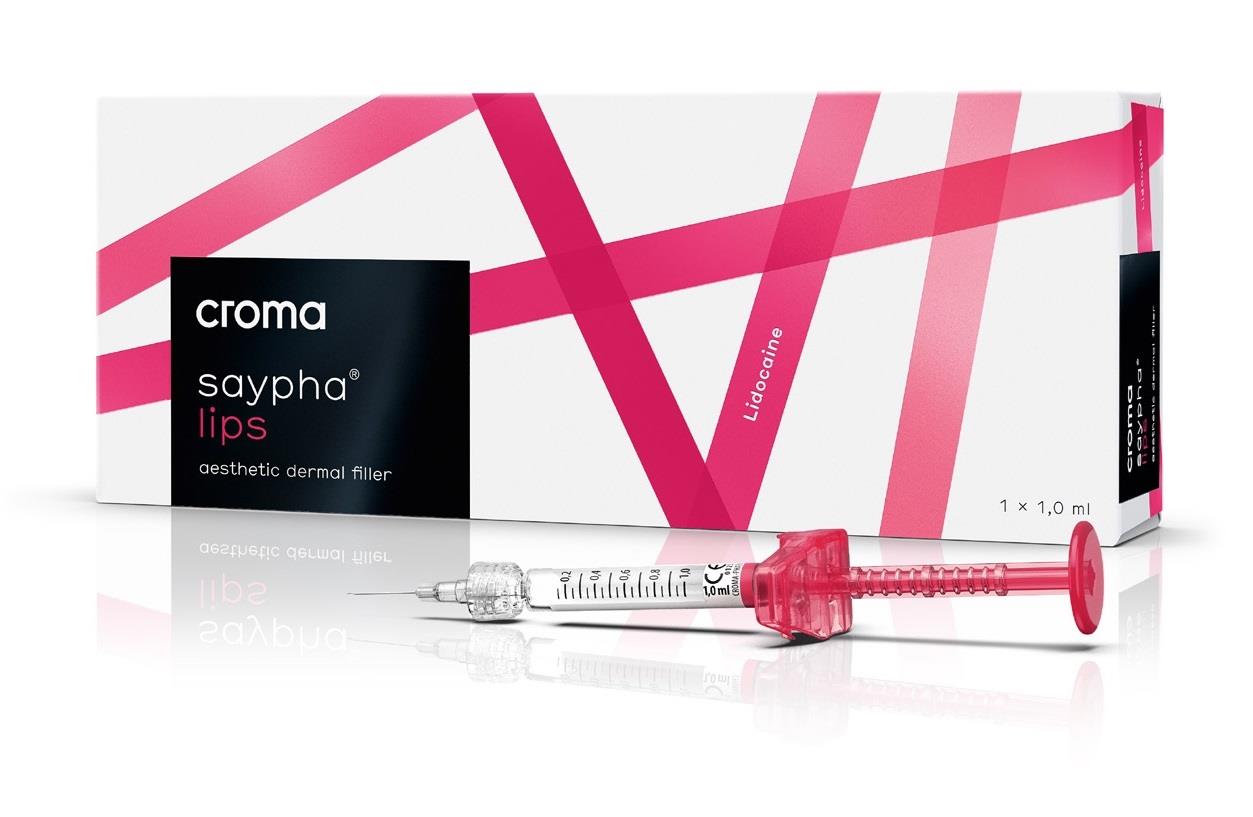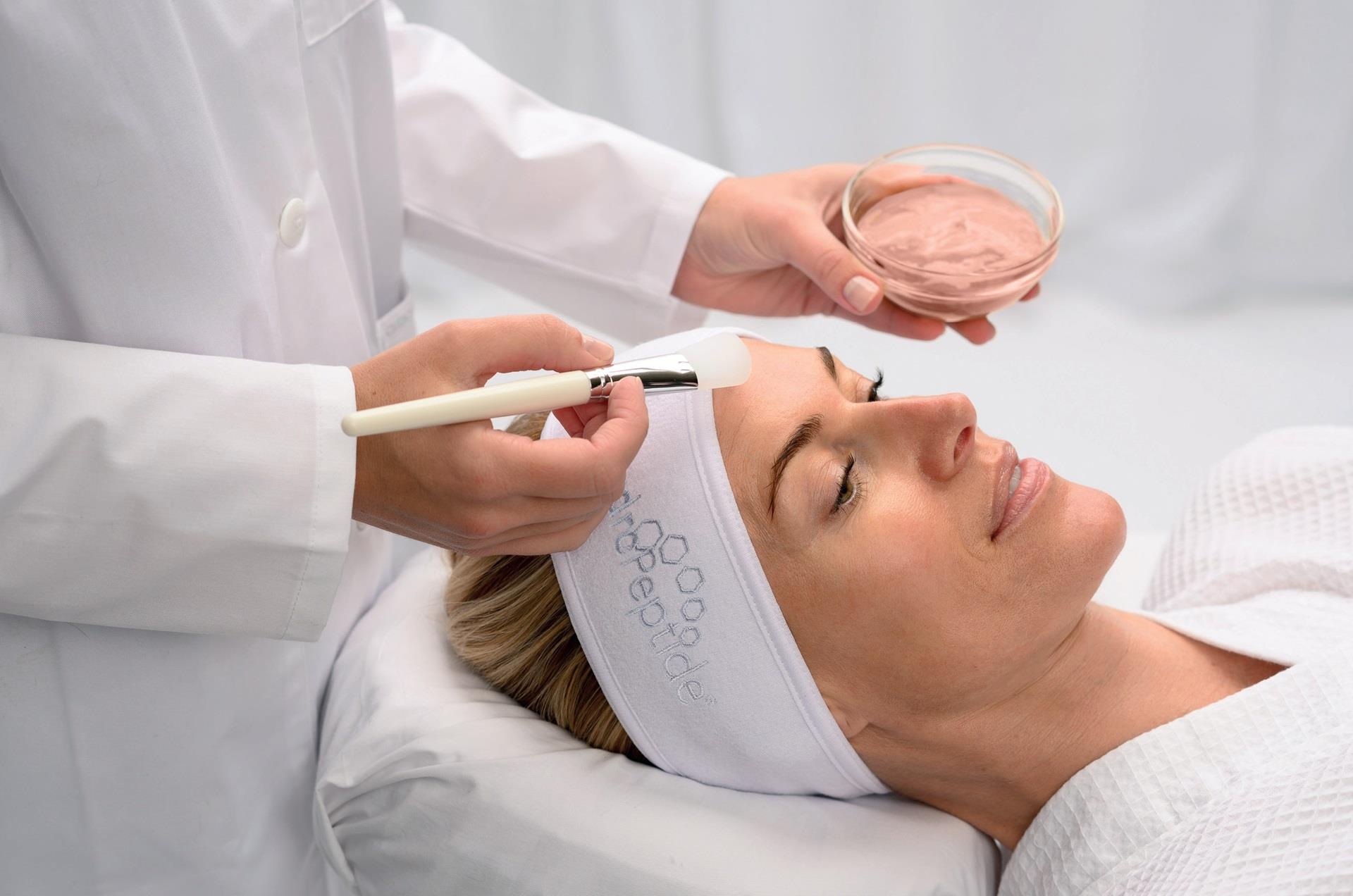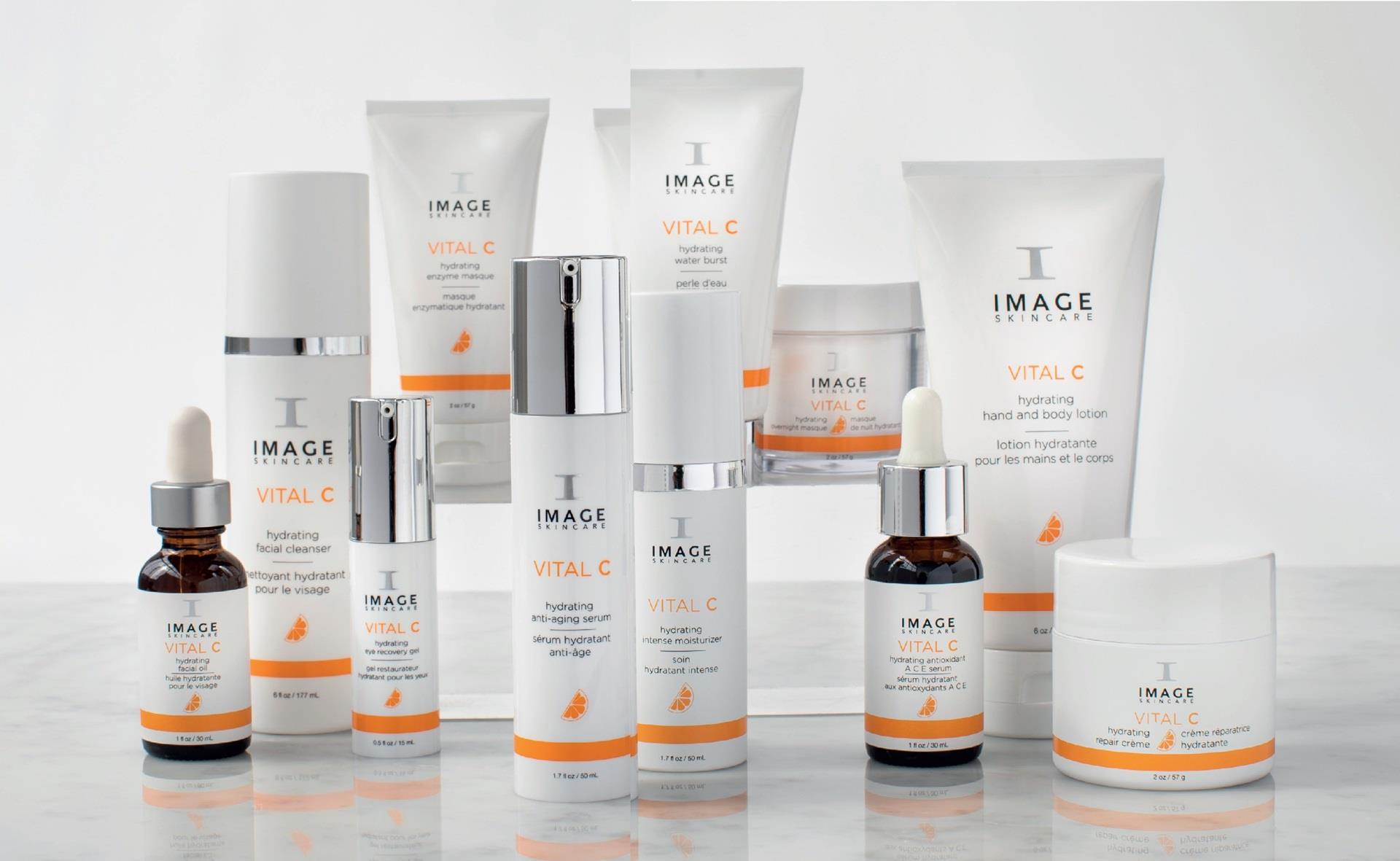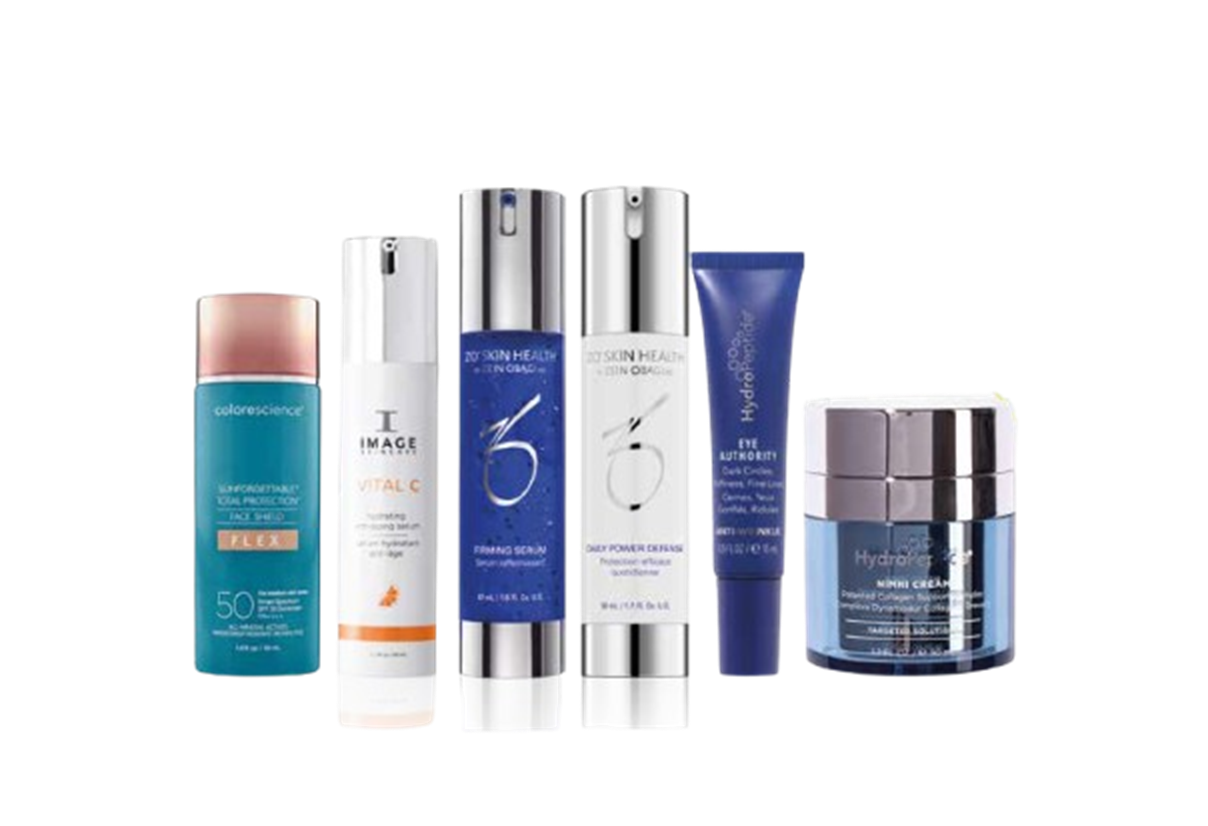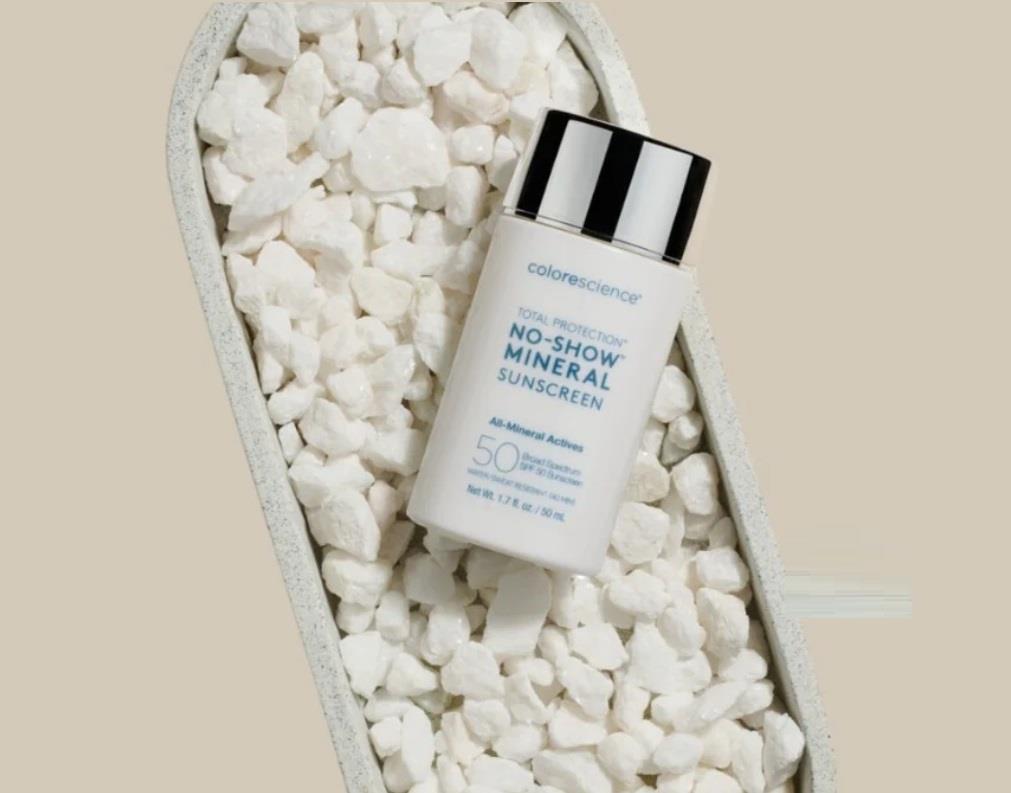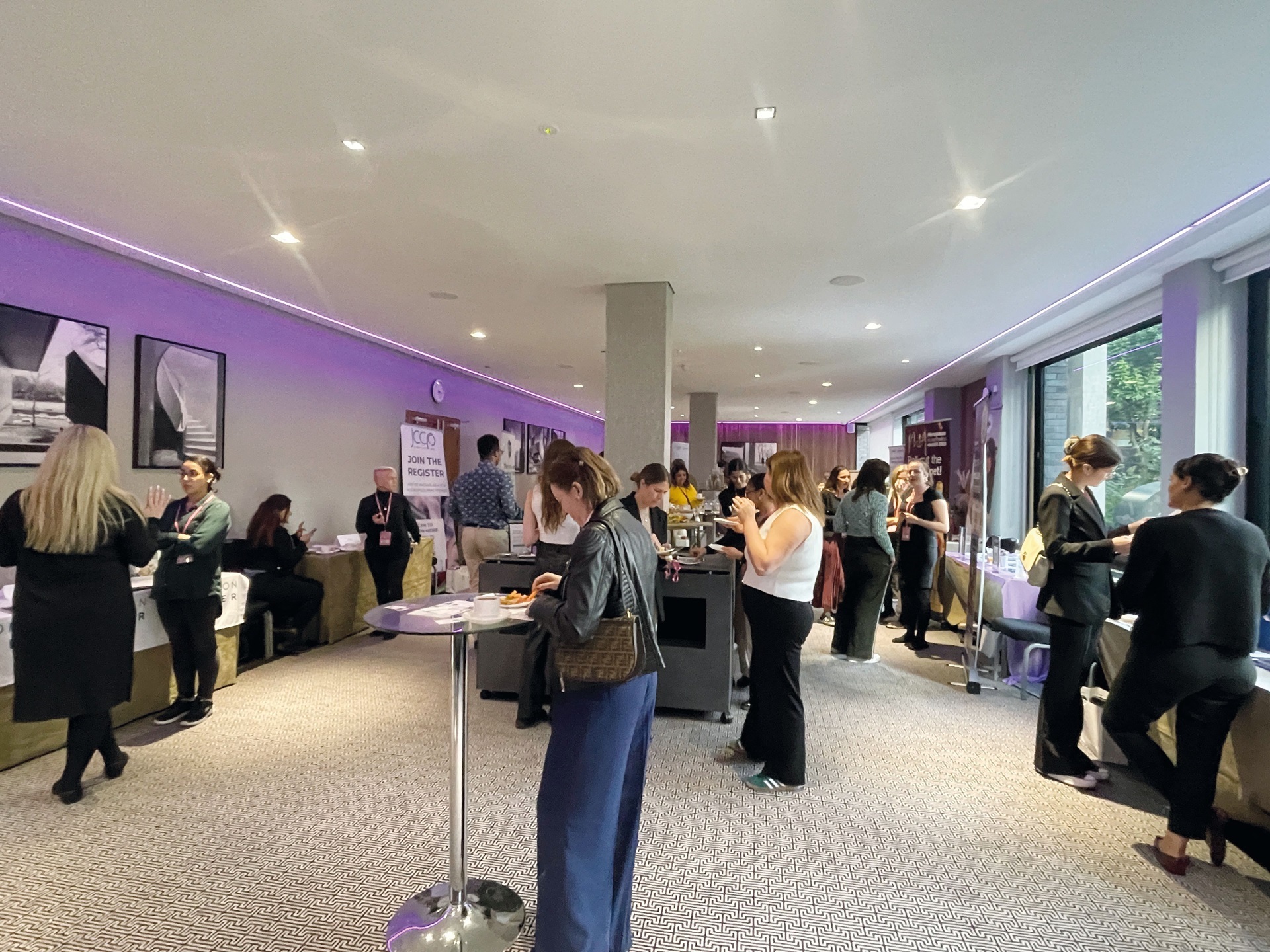
Held at the Royal College of Physicians on 8th October, the Aesthetic Business Conference presented by Hamilton Fraser, featured a roster of renowned aesthetics experts including Julie Scott, Dr Vincent Wong and Wigmore Medical’s Lead Clinical Trainer, Dr Raj Thethi, sharing their best practical business advice and insights. We’ve rounded up some of the highlights—of which there were many—and are already looking forward to next year’s event!
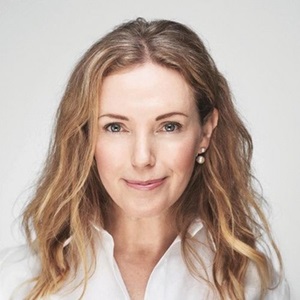
How to get started in aesthetics
Julie Scott, Facial Aesthetics Clinic
“Take on a trusted team to support your weaknesses, then watch your career skyrocket”
Kicking off the day’s proceedings, Julie Scott took to the stage for a talk onv getting started in aesthetics. She began by sharing that when she started in the industry, she would visualise one day owning a clinic down a tree-lined driveway—a manifestation that has since come to fruition. Scott revealed her top three business challenges—all the hats she has to wear, imposter syndrome, and finding a support network—before explaining how she overcame them, including delegating and focusing on what she is good at, along with building a support network. “Recognise hats you can take off,” she shared with the audience. Wrapping up, she advised delegates to ask themselves three questions: Why are you coming into the industry? What is your goal or niche? What’s stopping you right now? “Start small, then build up,” she advised.
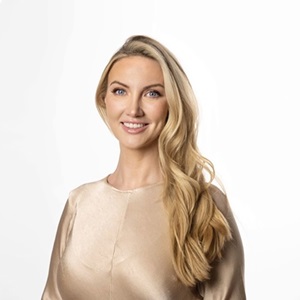
Entrepreneur masterclass
Dr Leah Totton, Dr Leah Clinics & Skincare
“Work hard and stay focused on your vision”
Dr Totton’s session focused on building a rewarding business, with the aesthetics entrepreneur emphasising that hard work is the foundation to success. “Embrace the grind by putting in the hours and learning new skills; delegate wisely in order to focus on strategic decisions and high value activities; and stay up-to-date with trends, research and technologies, as well as your own training,” she told the audience. Dr Totton also recommended engaging a clinical mentor at the outset, before sharing that competitor analysis is important at the beginning, but not to let it become your core focus. She emphasised focusing on your USPs and customer experience, which will be more likely to deliver consistent high quality products and services, leading to satisfied customers and positive word of mouth. She concluded with a quote from her business partner Lord Alan Sugar: “Ignore the competition, focus on your clients.”
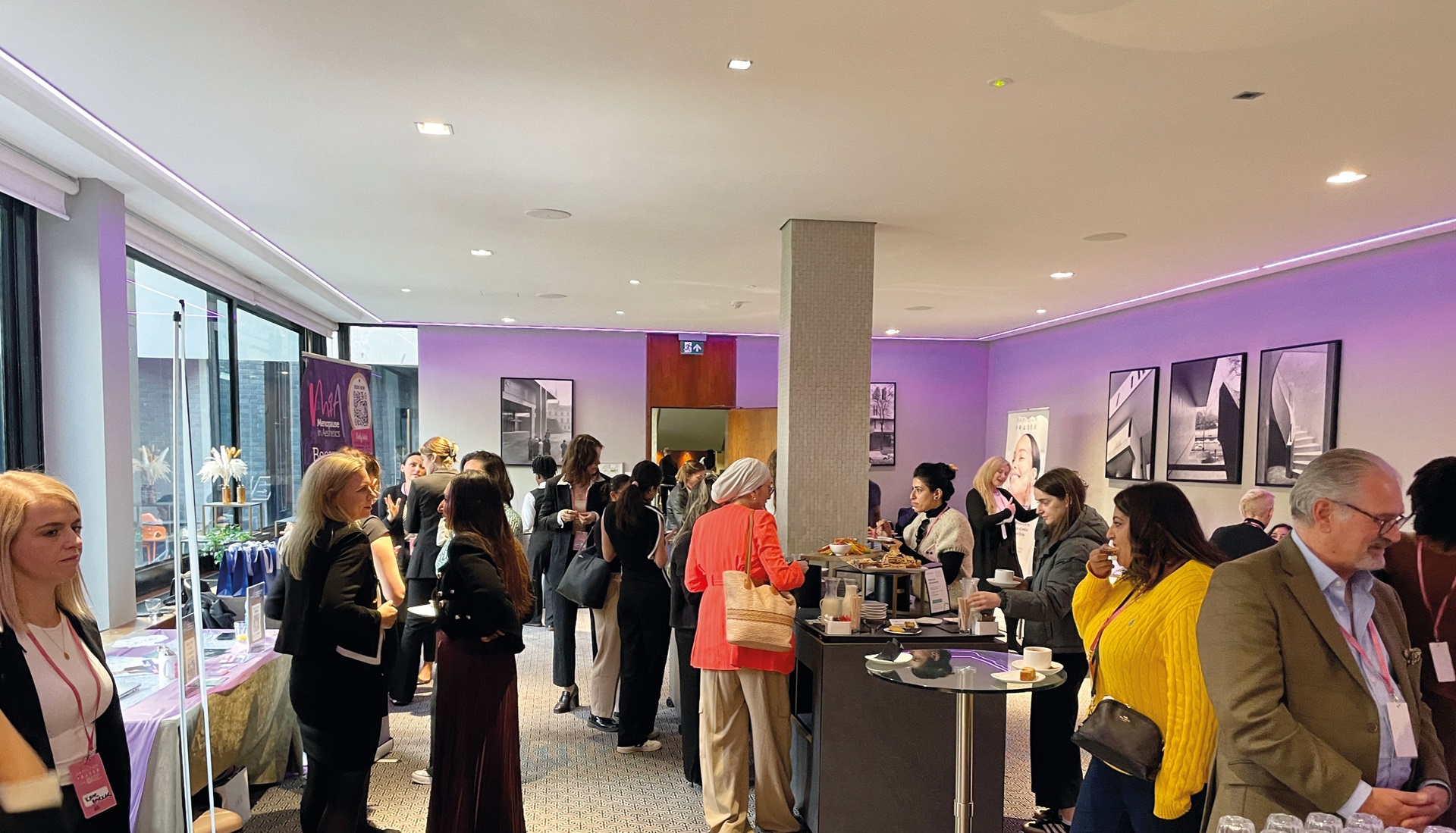

Patient selection: The power of saying no
Dr Vincent Wong, Laser Clinics UK
“Patients want to feel how much you care”
Dr Vincent Wong’s talk explored assessing and managing patient expectations, while identifying any red flags. “Why should you say no?” he asked delegates, before outlining reasons including unrealistic expectations, medical contraindications, doctor shopping, and refusing to follow medical opinion. He explained that consequences could include dissatisfaction and legal ramifications, before emphasising duty of care, informed consent, and ethical considerations. When saying no, Dr Wong shared that it’s important to show and verbalise empathy while communicating clearly. “Set boundaries—don’t let the patient convince you to do the treatment,” he advised, before recommending his protocol of noticing and acknowledging; listening; showing empathy; exploring expectations; offering ideas and thanking them for sharing.
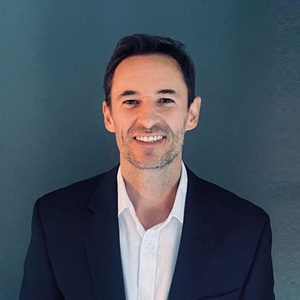
Importance of insurance
Gerry Barrett, Hamilton Fraser
“Less than half of signs of dissatisfaction will turn into a claim”
Gerry Barrett discussed the vital role that insurance plays and what can go wrong in clinical practice, from misdiagnosis and patient dissatisfaction, to aftercare and treatment errors. Barrett revealed that claims can range from £89K (chemical peel) to £1.5 million (Vaser Lipo), before emphasising that medical malpractice insurance is vital for all medically qualified professionals undertaking aesthetic treatments in the UK. His best practice advice for claims? “Don’t panic, don’t admit liability but don’t be afraid to say sorry, collect as much information as possible and do not correspond with the patient without consulting your insurer first.” Founder and CEO of Hamilton Fraser, Eddie Hooker, added delegates must check that their insurance provider is covered and authorised by the FCA. “You are performing elective treatments, so the burden of proof is a lot higher than with a medical NHS claim,” he said.
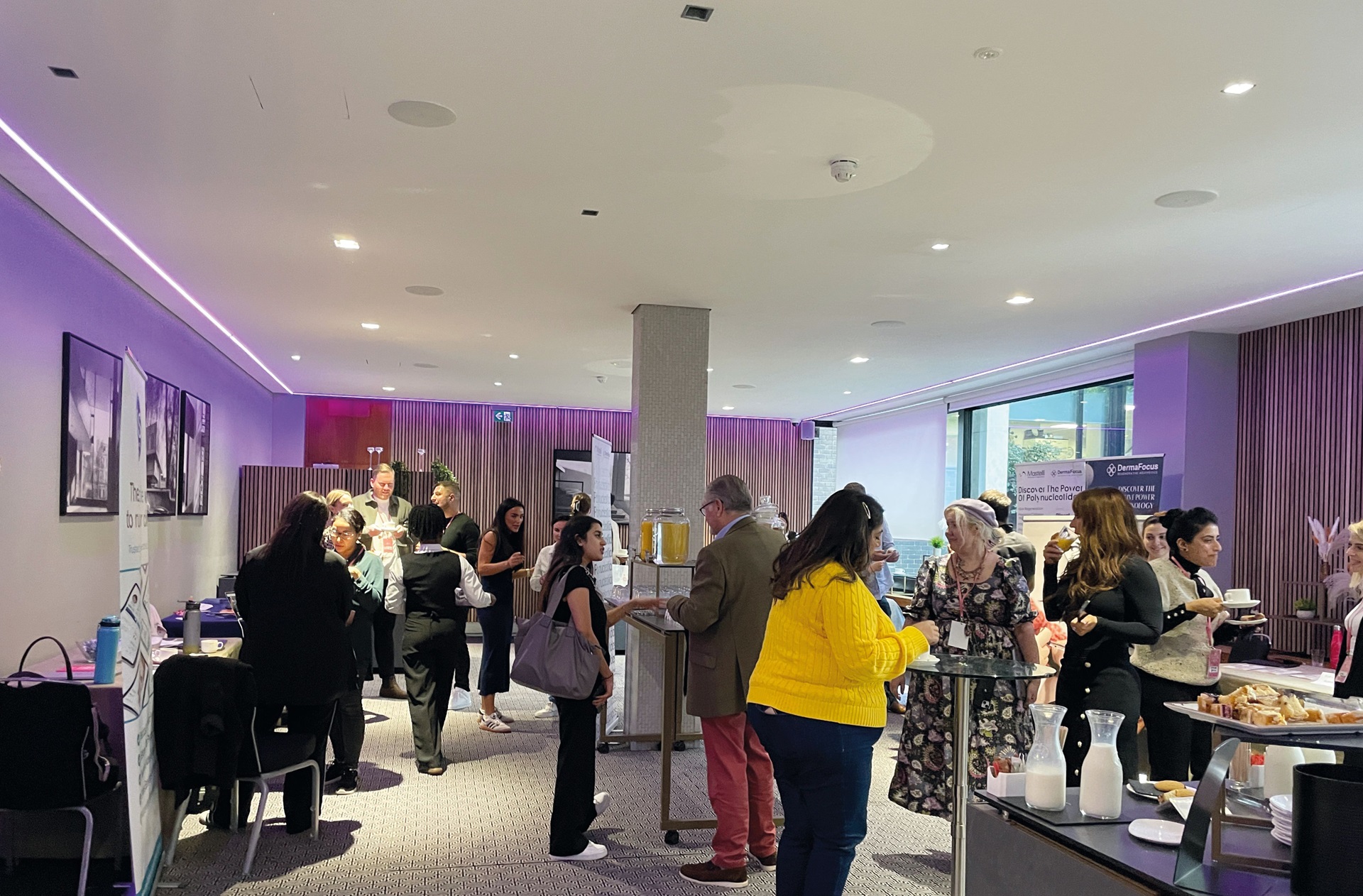
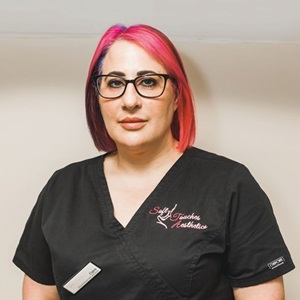
Identifying BDD
Claire Newman, Soft Touches Aesthetics
“Ensure you have procedures in place for safeguarding and looking after patients mentally”
Mental health Nurse Prescriber Claire Newman’s talk highlighted the impacts of aesthetic procedures on mental health and wellbeing, while addressing body dysmorphic disorder (BDD). She shared that BDD can be mild which can be hard to notice in clinic, while for others it can be debilitating, and that body image plays a central role in its development, which is often influenced by the media, personal experiences, cultural ideals, pressure to look a certain way and psychological wellbeing. “Beauty varies across gender, generations, race and culture—we need to consider cultural differences and not to judge people,” she told delegates. She explained that patients with mental illness may be more likely to pursue cosmetic procedures as they believe it will boost confidence and wellbeing. “Patients with BDD often seek procedures to achieve their perceived ‘ideal’ appearance and desire to achieve a certain look,” she said. Newman shared that this patient group will often have unrealistic expectations, and that the consultation is more than an assessment tool. “Take a detailed medical history, understand motivations and clarify goals, rapport encourages disclosure, use open-ended questions and show empathy—but always work within your professional boundaries,” she advised.
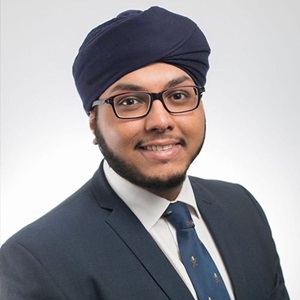
Importance of training
Dr Raj Thethi
“Whatever you do, you haven’t done enough”
Wigmore Medical’s Lead Clinical Trainer took to the stage to discuss the importance of choosing the right aesthetics training. “The training aspect is so important as no matter where you are in your journey, you have to keep on learning,” he shared, emphasising that if you feel complacent, something has gone wrong. He told delegates to stay abreast of evolving regulations and techniques: “Keep on top of this as this is a fast-moving sector.” Dr Thethi summarised by outlining the many benefits of training with Wigmore Medical—small, hands-on groups; CQC-registered; longstanding providers and a trusted brand—before revealing forthcoming courses including Combined Injectables, Advanced Dermal Fillers and Introduction to Radiesse.
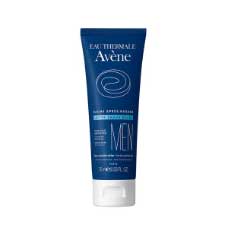
 Added to basket
Added to basket

 Unapplied Changes
Unapplied Changes


